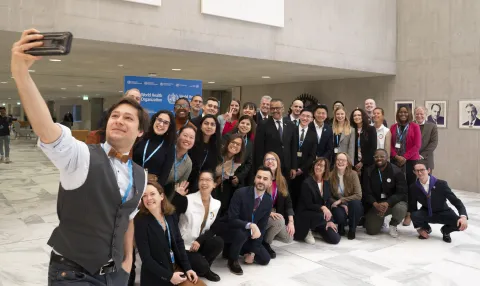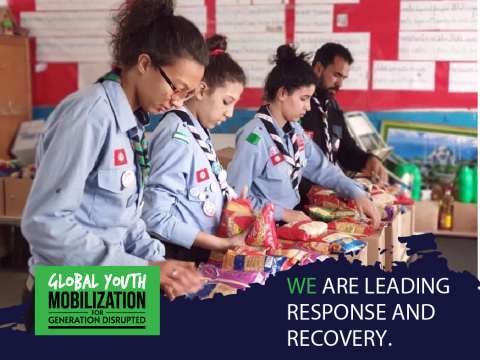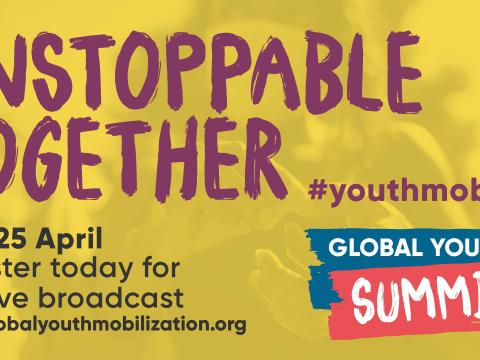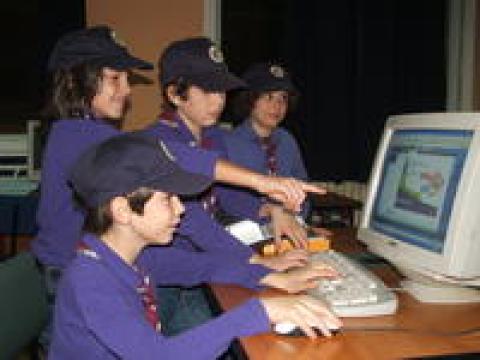WOSM showcases non-formal education, health, wellbeing at WHO Youth Council meeting

WOSM highlighted the importance of non-formal education in promoting good health and wellbeing at the inaugural meeting of the World Health Organization’s (WHO) Youth Council in Geneva, Switzerland.
WOSM was among 22 youth organisations that attended the event on 27-30 January, where several key agreements were made to enhance young people’s engagement in addressing global health priorities. Among them was to develop a mechanism to make partnership opportunities more accessible to young people across the globe, as well as to explore gaps in data on issues related to the health inequity of young people.
The Youth Council also made process on establishing channels to showcase its work during key WHO meetings and collaborative events, and engagements with WHO Member States. Looking ahead, participants drew attention to potential opportunities, such as including youth in delegations from WHO Member State and developing mechanisms to integrate youth delegate programmes, with support from WHO leadership.
Alastair Hannaford, WOSM’s Youth Representative for Human Rights and Health, said that the Scout Movement’s role on the Youth Council will empower young people to make a difference and ”create a world in which young people are leading in health”.
“Being able to speak on ensuring that greater numbers of young people are able to contribute to health policy at a global, regional, and local level highlights, [reinforces] the importance of engaging in these spaces and the need to empower more young people to shape health within their communities,” he added.
The Youth Council provides advice on health and development issues affecting young people and serves as a platform to develop new initiatives and expand WHO’s existing youth engagement activities. Through it, WHO will develop an inclusive Youth Engagement Strategy across all levels of the organisation.
“The Youth Council is the central element of WHO’s commitment to engage with young people, by supporting their leadership, promoting partnerships, and advocating for their recognition and visibility,” said Dr Tedros Adhanom Ghebreyesus, WHO Director-General. “Your voices and your insights can make a real difference to realising WHO’s vision of Health for All.”
Through the Youth Council, WOSM strengthens existing ties made with the WHO through close collaboration on Global Youth Mobilization, an initiative that empowers young people to take action on the issues impacted by the COVID-19 pandemic, such as disruption to education, vaccine misinformation and access to essential services.


